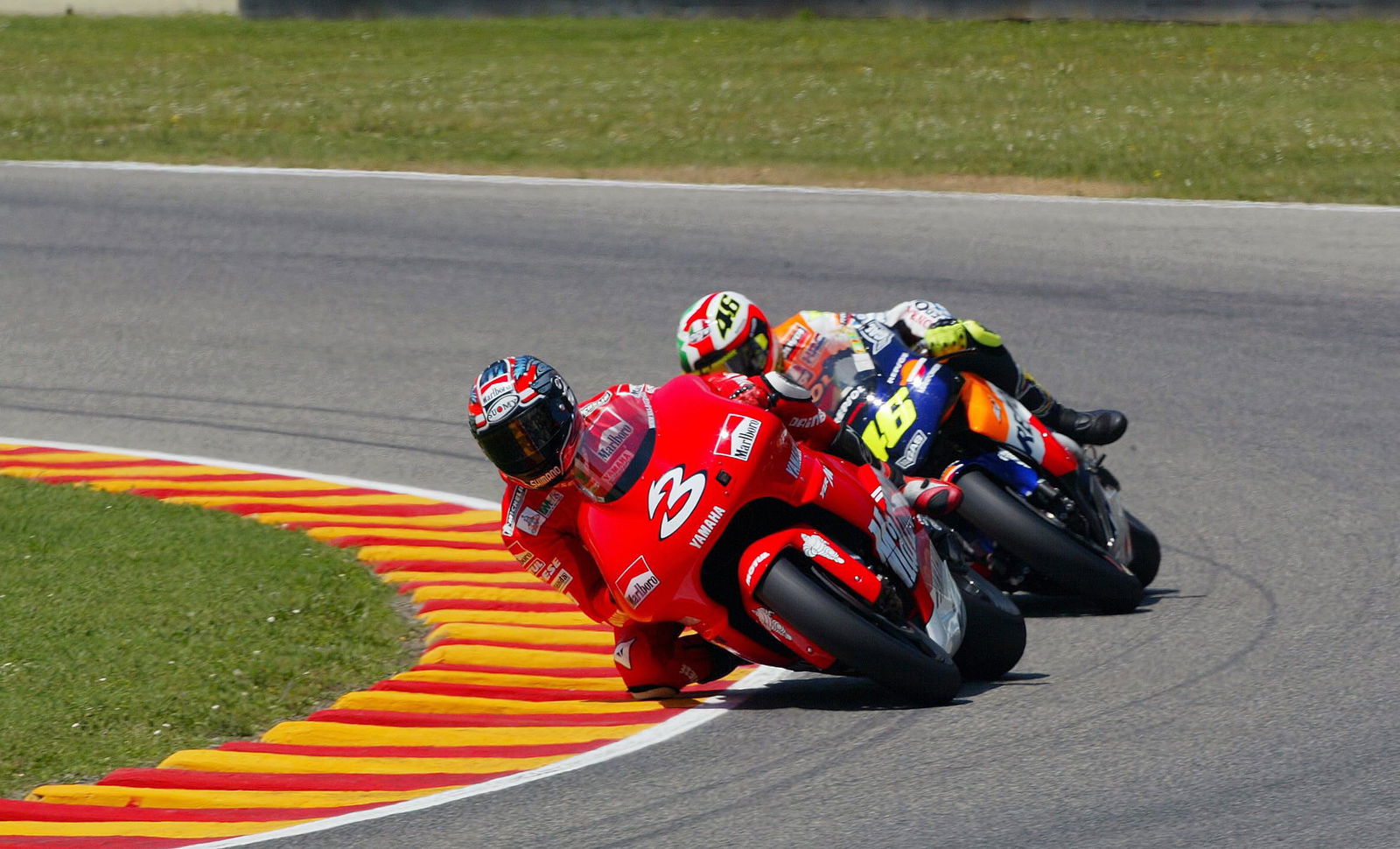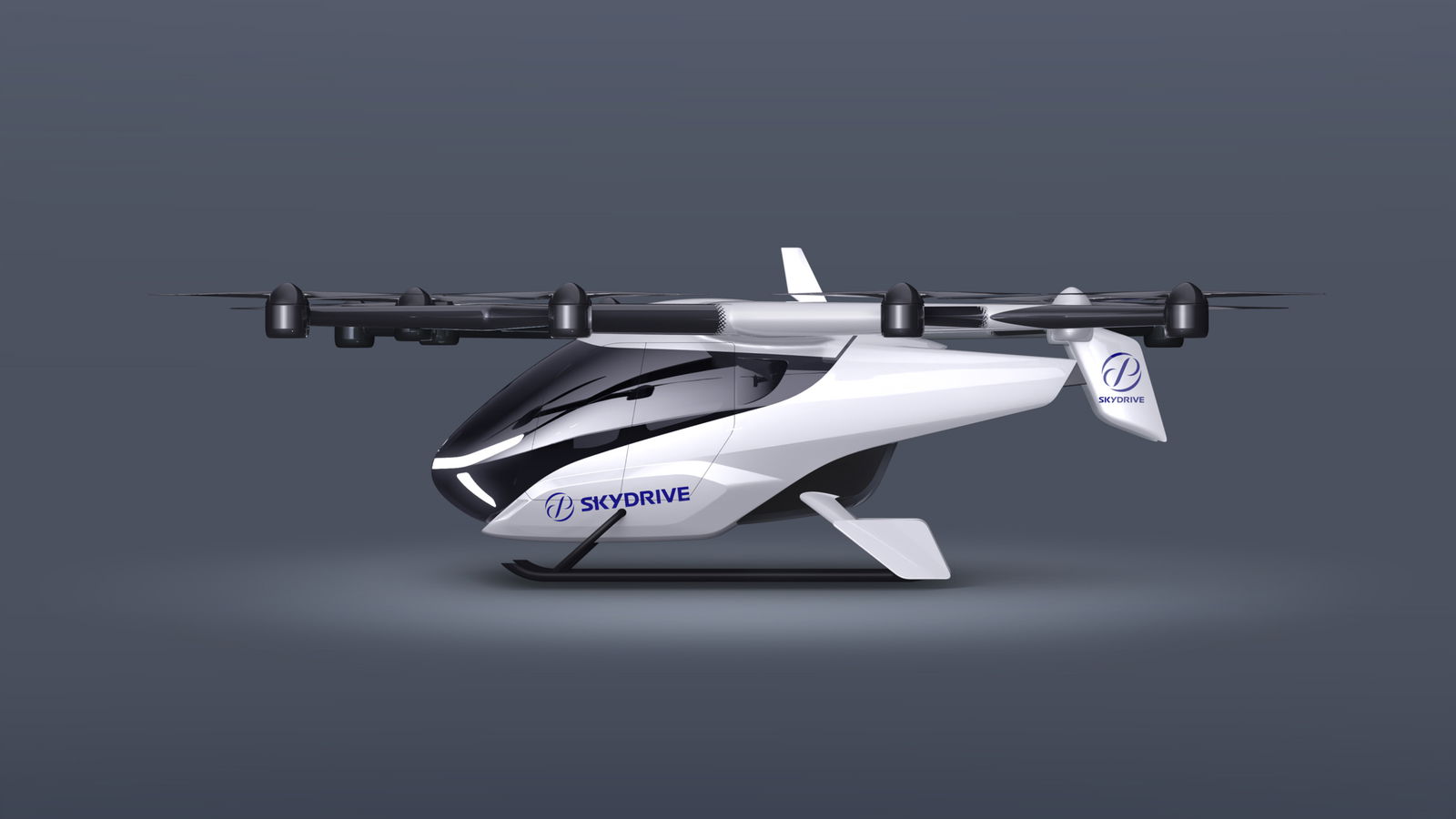Yamaha Motor to withdraw from snowmobile business by end of 2025 model year
Yamaha Motor has announced will withdraw from the snowmobile market entirely by 2025, and from the European snowmobile market by 2024.

Yamaha Motor has announced its withdrawal from the snowmobile market, beginning with the 2022 model year.
The Japanese snowmobile market will be the first Yamaha will withdraw from the market with the end of the 2022 model year, the remaining stock of which Yamaha is continuing to sell in Japan.
.jpg?width=1600)
Europe will be the next to lose Yamaha from its snowmobile market with the recently-introduced 2024 model year, and the US will follow with the 2025 model year.
Parts and services will continue to be offered by Yamaha after the end of the final production run, although it does not specify for how long these services will be maintained.
Yamaha has put its reasons for withdrawal down to the conclusion that “it will be difficult to continue a sustainable business in the snowmobile market.”
.jpg?width=1600)
Yamaha launched its first snowmobile in 1968, seven years after it debuted in Grand Prix motorcycle racing in 1961.
In motocross, Yamaha was one of the first manufacturers to introduce a four-stroke motorcycle, and its position at the forefront of that push to go from two-stroke to four in the dirt bike world eventually led to it becoming the first manufacturer to win an AMA Supercross race with a four-stroke motorcycle when Doug Henry won the 1997 Las Vegas Supercross on a Yamaha YZ400F.
Yamaha was also a part of Grand Prix motorcycle racing’s switch to four-stroke machinery in 2002, and, in the snowmobile world, it was also one of the first manufacturers to introduce four-stroke engines.

Its reason for doing so, it says, was environmental. By now, Yamaha continues as one of motorcycling’s leading manufacturers from an environmental perspective, with electric commuter bikes, e-bike drive units, plant-based production materials, and research into hydrogen fuel technology among its actions in relation to its stated target of being a carbon neutral business by 2050.
Yet, it is hard to see Yamaha’s withdrawal from the snowmobile business as something other than environmentally motivated, because the world has an amount of snow and ice which is decreasing, and therefore an amount of people either needing specific vehicles to traverse snowy terrain or wanting specific vehicles to create enjoyment out of snowy terrain that is also decreasing.
The second point there, about recreation, is also, of course, relatable to motorcycles, and especially dirt bikes. Just as the world has a decreasing amount of snow and ice, it, in many places, has a decreasing number of motocross tracks. Tracks close for a number of reasons, from noise levels to land reclamations (in the case of Cusses Gorse, for example).
If a land owner decides to not extend the lease on their land to a track, there is not much that can be done, but there is a solution to the noise ‘issue’, which is, of course, electric.

_4.jpg?width=1600)